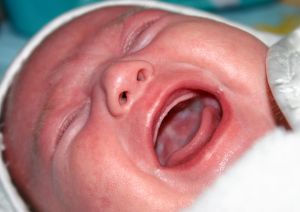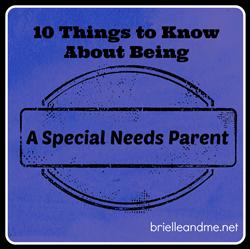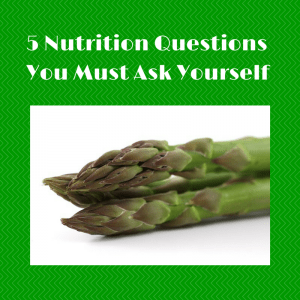The Other Postpartum Disorder
By Guest Blogger Andrea S. Fernandez, MD, Section Head of General Obstetrics and Gynecology and Associate Chief Medical Officer, Wake Forest Baptist Health
Here’s a quick quiz for you: You recently gave birth, and you started having anxiety and heart palpitations. Over time, those symptoms ended—but now you’re experiencing fatigue and weight gain. The experience you’re going through affects 5 percent to 10 percent of women after childbirth. What do you think it is?
If you guessed postpartum depression, you’re wrong.
What the scenario above actually points to is a condition known as postpartum thyroiditis. It is, however, commonly confused with postpartum depression. Fatigue, irritability and unrest are hallmarks of both disorders. Postpartum depression and postpartum thyroiditis also share commonalities in the number of women they affect: postpartum depression can impact nearly 15 percent of women after childbirth; whereas postpartum thyroiditis affects up to 10 percent. Both conditions are often overlooked or blamed on normal hormonal adjustments and sleep schedule changes.
Those instances are where the similarities end, however.
Thyroiditis vs. Depression
To determine the true cause of your postpartum problems, you should visit your OBGYN so that he or she can evaluate your symptoms and medical history, and order any necessary tests. However, for general reference, an overview of the symptoms of depression and thyroiditis can give you an idea of what you’re dealing with:
Postpartum Thyroiditis: When thyroiditis first begins, the thyroid becomes hyperactive for a short time. During this period you’re likely to experience heart palpitations and anxiety. However, this hyperthyroidism eventually develops into hypothyroidism. At that point, you can begin to experience constipation, dry mouth, unexplained weight gain and cold intolerance.
Postpartum Depression: If it’s depression you’re experiencing, you’ll likely have typical depressive symptoms in addition to fatigue. These include not being able to experience pleasure from usual activities, withdrawing from relationships, feeling overwhelmed and having thoughts of harming yourself. In rare cases known as postpartum psychosis, a new mother may also have thoughts of harming her baby.Depression will usually get better with treatment, which can include medication or counseling. Depression treatments won’t resolve your symptoms of thyroiditis.
Baby Blues: There’s one more postpartum condition I’d like to mention just to help prevent further confusion. What is known as “the baby blues” is an episode that many women experience in the first one to two weeks after childbirth. It’s due to changes in hormonal levels and the sleep-wake cycle, and its symptoms include sadness and fatigue. Unlike thyroiditis and depression, the symptoms of the baby blues are usually mild, don’t appear every day, and tend to abate within a couple of weeks.
A Closer Look at Postpartum Thyroiditis
We aren’t sure what causes or prevents postpartum thyroiditis. We also don’t know why thyroiditis is so common after pregnancy. What we do know is that the disorder is more prevalent in women who have type 1 diabetes or a personal or family history of thyroid dysfunction—although it can appear in women who don’t have any of these risk factors.
We also know that postpartum thyroiditis is generally an easy condition to treat or monitor. So if you’ve given birth within the past six months and suspect you’re exhibiting symptoms of thyroiditis, visit your OBGYN for a routine thyroid panel. Even if you were already taking supplementation for existing hypothyroidism prior to pregnancy, your thyroid needs may have changed. It’s just as important for existing thyroid patients to seek care after pregnancy.
Most women will not require treatment for postpartum thyroiditis. It’s generally a short-lived condition that only lasts a few weeks or months. In addition, you can make changes to your diet and exercise regimen to improve symptoms like constipation and weight gain. If breastfeeding makes medication an undesirable alternative other symptoms, like fatigue, can usually be tolerated for the extent of the thyroiditis
The most important thing to remember is that, regardless of whether you require treatment, your postpartum thyroiditis should be monitored by a physician. This will help ensure you maintain your health so that you can focus on the care of your new baby.
For more information or to make an appointment with the experts at Wake Forest Baptist Health, visit www.WakeHealth.edu or call 336-716-WAKE.







